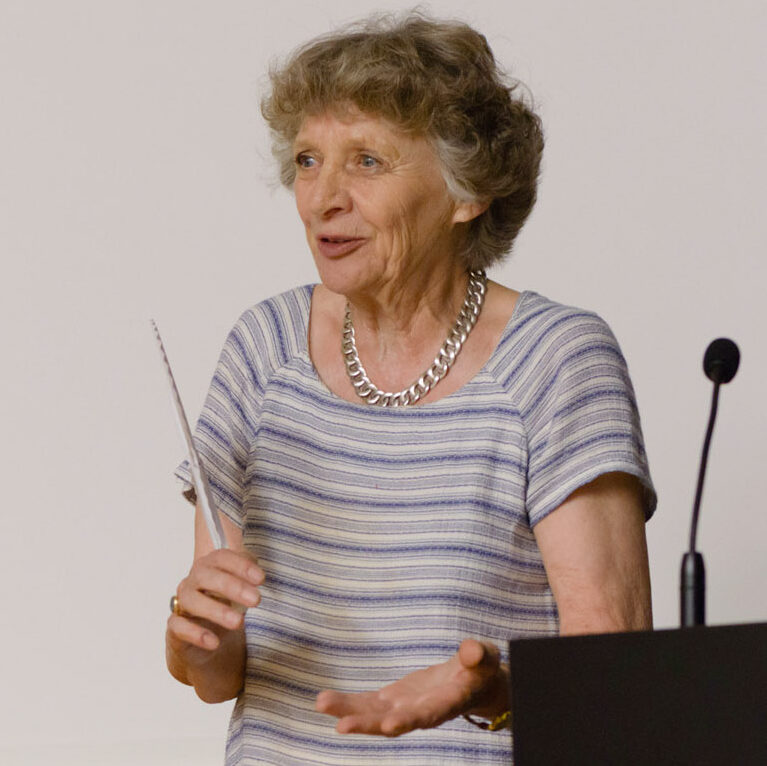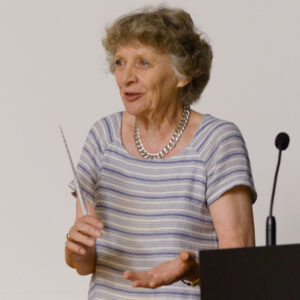
Keynote Lecture 2019: Anne-Christine Taylor
 Keynote Lecture 2019
Keynote Lecture 2019
Mismatches: Museums, Anthropology and Amazonia
SALSA XII Sesquiannual Conference 2019
Anne-Christine Taylor, professor emeritus, Centre National de la Recherche Scientifique (CNRS)
Over the past decades, museums, particularly the large Euro-American ethnographic museums, have had trouble developing adequate presentations of Amazonian cultural productions. To some extent, this failure can be seen as a side effect of a more general trend, namely the widening rift between museums and the discipline of anthropology. However, I will argue that the mismatch between the museum context and Amazonian indigenous peoples and cultures also draws on indigenous Amazonians’ difficulty in understanding and adhering to the idea of museums, as opposed to other Western technologies of visualization and transmission. The aim of this conference, drawing both on my experience as an Amazonianist anthropologist and on my involvement with the national French ethnographic museum, the musée du quai Branly in Paris, is to illustrate these overlapping mismatches, to explore the reasons behind them and finally to offer some thoughts on how museums could turn these misunderstandings to a productive use.
Published in Tipití: https://digitalcommons.trinity.edu/tipiti/vol17/iss1/3/
Anne-Christine Taylor
Early on in her graduate studies at the École des Hautes Études en Sciences Sociales in Paris, Anne-Christine Taylor flirted with the idea of doing fieldwork in Central Asia or Mexico. At Lévi-Strauss’s behest, however, she and her husband Philippe Descola immersed themselves in holistic ethnographic fieldwork among the Jivaroan Achuar of Ecuador—against the grain of the political preferences for urban and peasant studies in French anthropology of the 70s, but greatly to the benefit of Amazonianist anthropology. She was recruited by the CNRS in 1983, and went on to produce important work on how Achuar perceive and inhabit history, their sociality, their understandings of psychic processes and of knowledge, their experiences of selfhood, and their cosmologies, all on the basis of lengthy fieldwork, years of archival work, and a creative use of structuralist theory.
Professor Taylor was President of the Association pour la Recherche en Anthropologie Sociale (APRAS), and Director of the Équipe de Recherche en Ethnologie Amérindienne (EREA) of the Centre National de la Recherche Scientifique (CNRS). In 2005 she was commissioned to the Musée du Quai Branly in Paris, where she headed the Research and Teaching Department until her retirement in 2013.
–Carlos D. Londoño Sulkin (SALSA President 2017-2020), Jeremy M. Campbell (SALSA President-Elect 2020-2023), Laura Zanotti (Secretary-Treasurer 2017-2020), Claudia Augustat (SALSA 2019 Conference Organizer), Juan Alvaro Echeverri (SALSA 2019 Academic Program Chair), Glenn Shepard (SALSA Webmaster).
